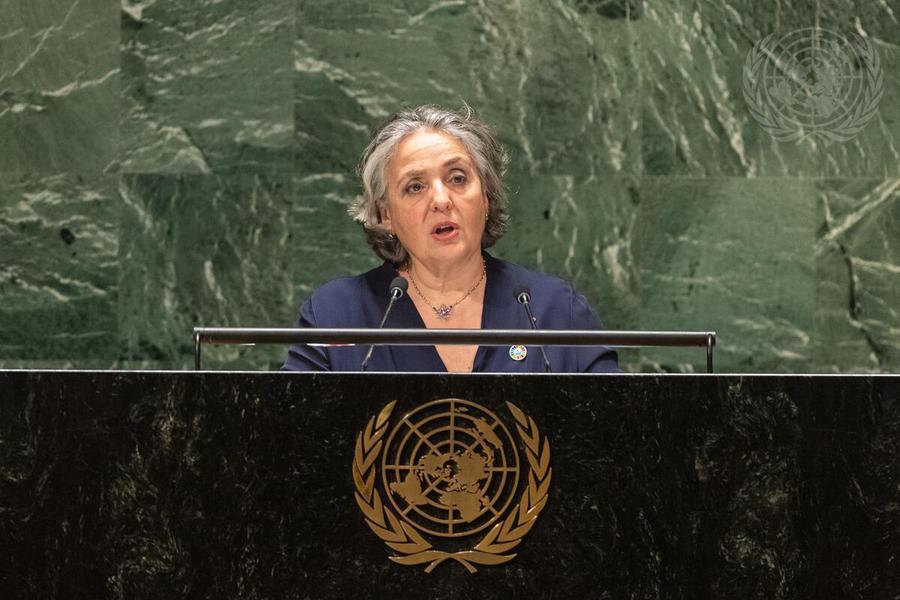The first UN Water Conference held in a generation concluded with the adoption of the Water Action Agenda, a 700-strong commitment plan aimed at protecting this essential resource. But those gathered stopped short of establishing a formal agreement along the lines of the 2015 Paris Accord and the 2022 Montréal Deal.
The UN Water Conference, held between 22nd and 24th March at the UN Headquarters in New York, was special in several ways, not least of which was because it was the first such meeting dedicated to water security to be hosted in over 40 years.
The importance of water in the grand scheme was apparent in the massive turnout. Upwards of 2,000 participants, from politicians and government representatives to industry leaders and experts from the scientific community, gathered for the rounds of conferences and events.
WATER ACTION AGENDA
Perhaps the biggest news to come out of the event was the adoption of the Water Action Agenda plan: a document filled with 700 action-oriented voluntary commitments to water-related projects.
Scientists have said that severe water shortages will affect the whole of Earth by 2040 unless drastic measures are taken, so the $300 billion in pledges made to support the Water Action Agenda must be used wisely. If they are, they have the potential, said General Assembly President Csaba Kőrösi, to unlock more than $1 trillion in socio-economic and environmental gains.
“Your dedication to action and transformation is propelling us towards a sustainable, equitable and inclusive water-secure future for people and planet alike,” UN Secretary-General António Guterres told those present. “This conference demonstrated a central truth: as humanity’s most precious global common good, water unites us all, and it flows across a number of global challenges.”
MONACO’S PARTICPATION
Monaco’s Permanent Representative to the UN Isabelle Picco, pictured above at the event, spoke of the Principality’s ongoing work in the management of water, citing a 26% decrease in consumption and the importance of the government’s investments in infrastructure, such as the recently upgraded Waste Water Treatment Plant (UTER) in Fontvieille.
Monaco also co-organised three events outside of the conference, which provided a way to promote field solutions. These events included a networking session with the Coalition for the UN We Need, chaired by the former president of the UN General Assembly, Maria Fernanda Espinosa, where 60 young representatives of civil society met to discuss the issues of the conference.
Sign up for the Monaco Life newsletter. For the latest news, follow us on Facebook, Twitter, and Instagram.
Photo credit: Rick Bajornas / UN
